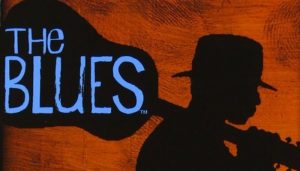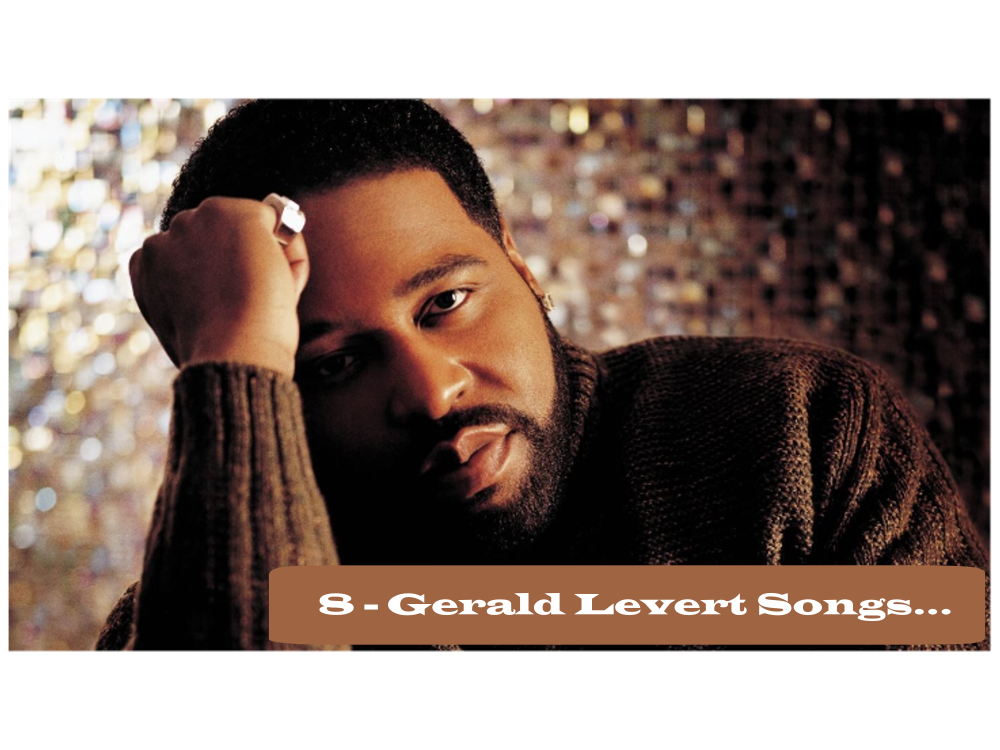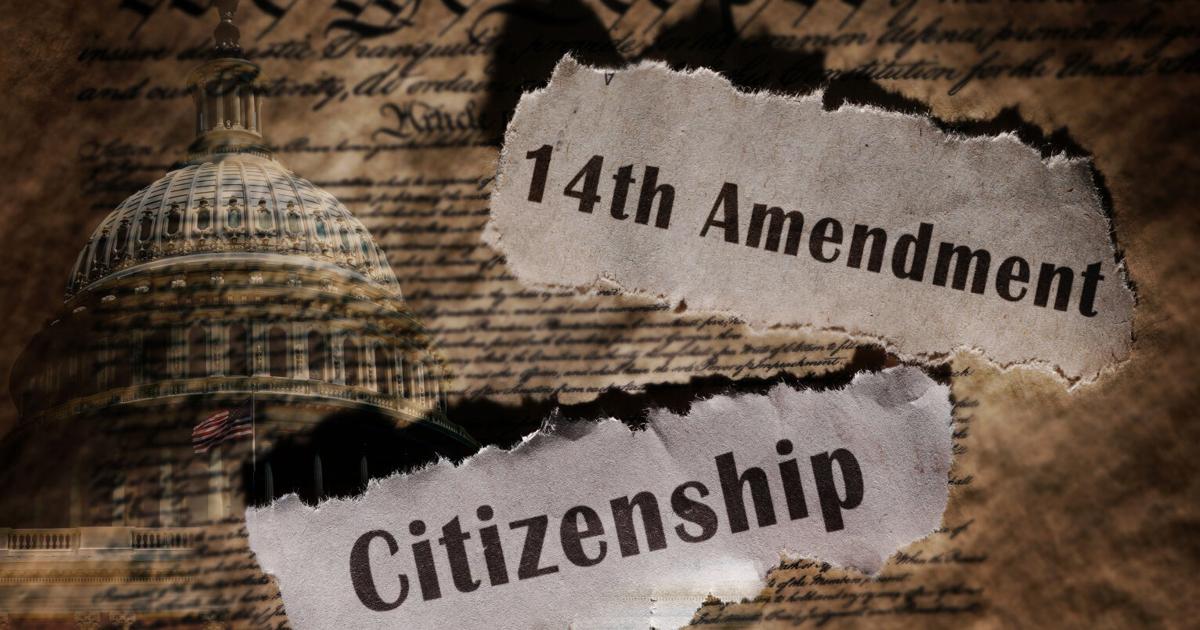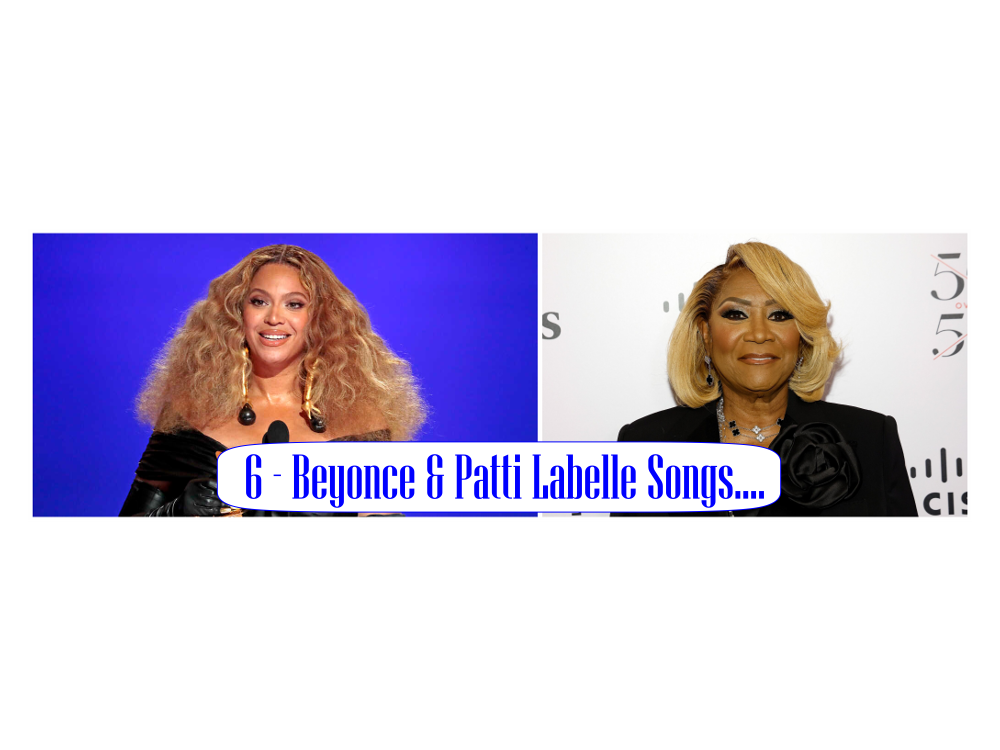(ThyBlackMan.com) If you think the blues is dead, you are dead wrong. Sure, Muddy has been gone since I was a fetus. B.B. recorded his last track several years ago. Buddy Guy is still touring, holding the genre together as an elder—-at 82 years young. Giants and icons aside, the roots music that is American blues, is growing in green profits, from the delta in Mississippi to Bluesfest in Australia, to the crescent city of New Orleans.Though the stylistic makeup may have changed, look and vibe of the artists too, the money from big blues is everywhere you look.
The blues has never been actually about money, although it never hurt to make some along the way. Rooted in black spirituals, the forced and brutal field work by enslaved Africans, and the colonial-driven oppression that lurked around every dark corner in America, the blues has always been about clearing a way out of despair, battling the ups and downs of a harsh life, and channeling a higher power to “get on by.” That’s the organic way of the blues, bar none. Be in played in juke joints in the Deep South or on tour in England, the blues has been profitable and important for its lifetime.
power to “get on by.” That’s the organic way of the blues, bar none. Be in played in juke joints in the Deep South or on tour in England, the blues has been profitable and important for its lifetime.
Wikipedia lists over 40 blues festivals just in North America. Major urban cities have tapped in for decades, while lesser known for the blues towns have joined the growing number of festivals in the genre. In 2016 the Baton Rouge, Louisiana blues festival broke attendance records estimating crowds for the weekend shows had reached over 50,000 people. Major metro cities like Chicago, San Francisco and New York for more than three decades have held strong as go-to festivals for blues and ancillary genres. And festivals of this size don’t stick around without a major impact and boost to the local economy.
Unfortunately in 2009, San Francisco festival producer Tom Mazzolini announced the festivals end in its current capacity due to budgetary concerns after many, many years of promoting the event. But the blues don’t stop! Nonetheless, festivals and events continue to spring up at every nook and corner in the nation. In Duluth, Minnesota, the financial impact of its annual blues event lands at nearly $10 million dollars. The financial boost can be seen for hoteliers, restaurant owners, food and art vendors, and cities large and small.
At the Shack Inn, a “not Ritz” hotel-like sleeping quarter for tourists in Clarksdale, Mississippi, birthplace of Sam Cooke, Son House and Ike Turner, the owners boast of turning away more than 50 people a week, sometimes 70 during busy season. The blues in Clarksdale, a town of barely 16,000, is expanding as best it can. Morgan Freeman co-owns Ground Zero Blues club (and mini hotel) in downtown Clarksdale and each year the city hosts a popular Juke Joint Festival. In Portland, the Waterfront Blues Festival does a bit more with a unique perspective then collect earnings from its yearly event. In 2013 they raised upwards of $1.3 million and 78,000 pounds of food for a local food bank. Blues and giving, definitely a notion worth noting.
Artists under the blues umbrella have seen some blue days (as required by the life of a bluesman) and some green along the way. Ray Charles, B.B. King, John Lee Hooker and Ma Rainey, just a handful of powerhouses of their time, made grand leaps for the music they embodied so well, and for the financial fluidity and legacy for themselves and their families. While promoters, vendors, managers, festival foundations and hoteliers continue to cash in on big blues business, it’s always the music that drives the journey, keeping the spotlight bright on where it belongs—the artists. Nonetheless, the blues is big business commercially and internationally, with no end in sight.
Staff Writer; Charles Foster Jolivette
This talented young man can also be found over at; The California Creole and also Charles Patreon Page.

















Leave a Reply